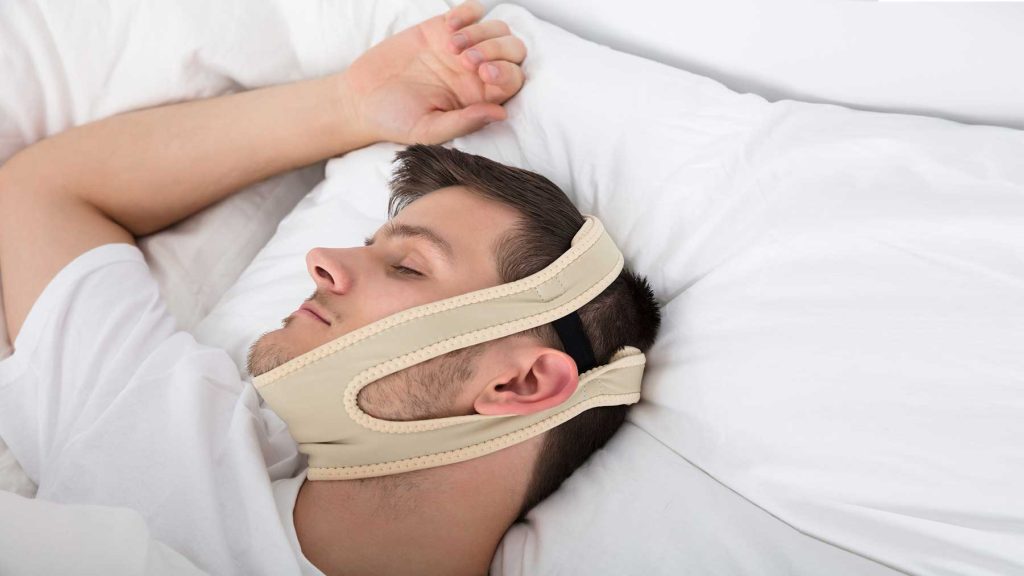
Snoring, often dismissed as a harmless nuisance, can significantly impact the quality of sleep for both the snorer and their sleeping partners. The quest for a peaceful night’s sleep has driven many to investigate effective solutions to silence the disruptive sounds. In this pursuit of the elusive sound of silence, anti snoring various strategies and interventions have arisen, offering expect restful nights without the symphony of snores.
Understanding the Causes
Before digging into solutions, it’s crucial to understand the main drivers of snoring. Snoring often results from the vibration of tissues in the airways during sleep. Factors such as nasal congestion, obesity, sleep position, and lifestyle choices add to the intensity and recurrence of snoring. Recognizing the specific cause is vital to tailoring effective solutions.
Lifestyle Modifications
For some individuals, lifestyle changes can significantly lessen snoring. Weight management, regular exercise, and avoiding alcohol and sedatives before sleep time are often suggested. These adjustments advance overall health and can add to opening airways, lessening the probability of snoring.
Positional Therapy
Sleeping position plays a pivotal job in snoring. Many individuals snore more while sleeping on their backs because of the tongue and soft palate collapsing to the back of the throat. Positional therapy involves encouraging individuals to sleep on their sides, often achieved using specialized pillows or wearable devices that give delicate reminders to change position.

Nasal Strips and Dilators
Nasal congestion can exacerbate snoring, and for some, the solution lies in working on nasal airflow. Nasal strips, applied externally to the nose, assist with enlarging the nasal passages, diminishing resistance to airflow. Nasal dilators, inserted into the nostrils, work similarly by keeping airways open, diminishing the chances of snoring.
Anti-Snoring Mouthpieces
Oral appliances, such as mandibular advancement devices (MADs) and tongue-retaining devices, aim to reposition the jaw or tongue to forestall airway obstruction. These devices are often customized for a comfortable fit and are demonstrated to be effective for individuals with gentle to moderate snoring.
Continuous Positive Airway Pressure (CPAP)
In cases of more severe anti snoringor when associated with sleep apnea, a CPAP machine may be suggested. CPAP delivers a continuous stream of air through a mask, forestalling airway collapse during sleep. While it’s an exceptionally effective solution, adherence may vary because of the apparent discomfort of wearing a mask.
Surgical Interventions
For individuals with anatomical issues adding to snoring, surgical interventions may be considered as a last resort. Procedures such as uvulopalatopharyngoplasty (UPPP) or genioglossus advancement (GA) aim to adjust the structures in the throat to alleviate snoring.
The sound of silence is attainable for those seeking respite from nightly snoring disturbances. The critical lies in understanding the basic causes and exploring a tailored approach to track down the most effective solution. From lifestyle adjustments to innovative devices and medical interventions, the excursion towards a peaceful night’s sleep without snoring is a personal exploration, offering trust and help to those in pursuit of continuous, restorative rest.






